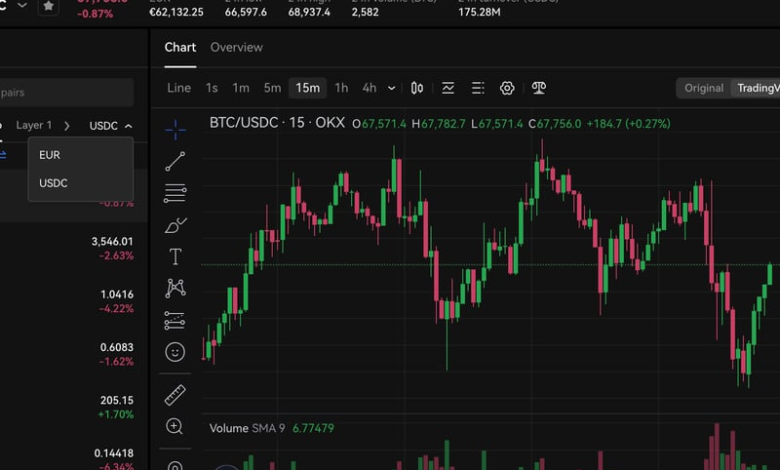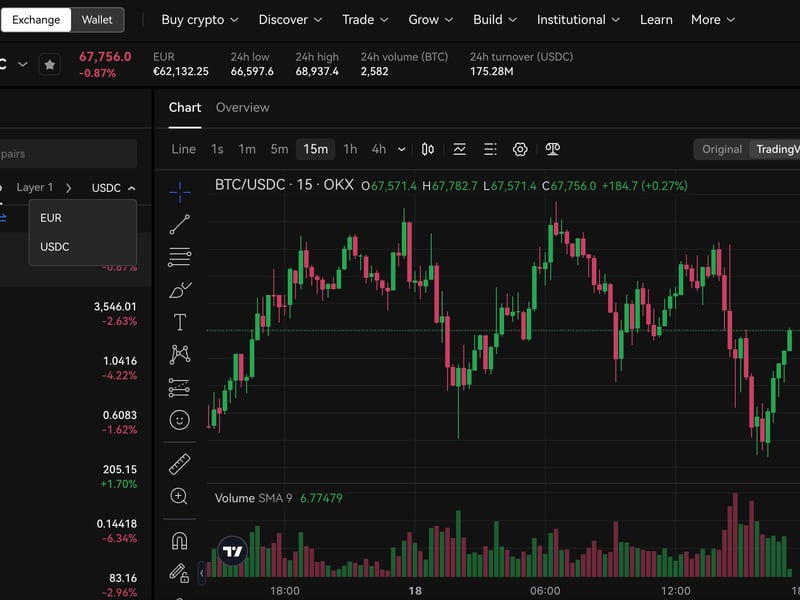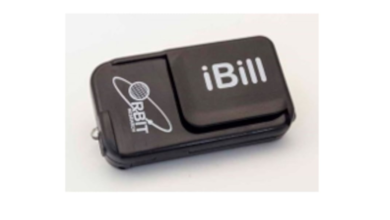Tether’s USDT Gets Delisted on Crypto Exchange OKX for EU Users | Currency News | Financial and Business News

Crypto exchange OKX has ceased support for cryptocurrency trading pairs with Tether’s USDT stablecoin for users based in the European Union and the European Economic Area (EEA), the exchange confirmed to CoinDesk.
As of Monday, OKX’s platform offered spot crypto trading only with USDC and euro pairs, while USDT could only be traded against USDC and euro, CoinDesk confirmed via an E.U.-based OKX account.
The shift emerged earlier in the day after a trader, on X, posted a note about the change from customer support citing regulatory compliance and security of the platform.
Breaking: @Tether_to $USDT pairs have been removed by @okx in the EU 👀
Only $EUR and $USDC @circle pairs now allowed. Huge news. pic.twitter.com/E1HNHRaLkB
— MartyParty (@martypartymusic) March 18, 2024
An OKX spokesperson, however, said that the action was driven by OKX’s decision to focus on euro-denominated liquidity in the region.
“This year our focus is to expand EURO pair liquidity and become the preferred venue for EURO to crypto spot trading,” the statement from the exchange said. “We evaluated this decision and delisting the current USDT pairs only impacts a small subset of our user base. Importantly, we’ve recently expanded our product offering in the EEA by introducing a variety of Euro fiat onramps and Euro pairs.”
USDT remains available on the platform for EEA-based users to deposit and withdraw, and buy, sell and convert on over-the-counter (OTC) trading, the exchange’s representative added.
Tether has not yet commented.

The $100 billion USDT is the largest stablecoin by trading volume and a key piece of infrastructure for crypto trading on centralized exchanges, being the most liquid trading pair for bitcoin {{BTC}} and other crypto assets.
The crypto exchange’s action could foreshadow regulatory headwinds in the region for the world’s most popular stablecoin, as the E.U. is poised to put its comprehensive digital asset regulatory framework called MiCA into effect later this year.
Read more: MiCA, EU’s Comprehensive New Crypto Regulation, Explained
The new rules will require stablecoin issuers to be regulated as electronic money institutions, Jón Egilsson, co-founder and the chairman of Monerium, explained in a CoinDesk article. Hence, many stablecoins currently offered in Europe are illegal because they are not authorized and regulated as e-money transmitters, he added.
Circle, the issuer behind the second-largest stablecoin, USDC, and the euro-pegged token EURC, won conditional registration for digital asset services in France and applied for an electronic money institution license in the E.U.
This story originally appeared on Coindesk





